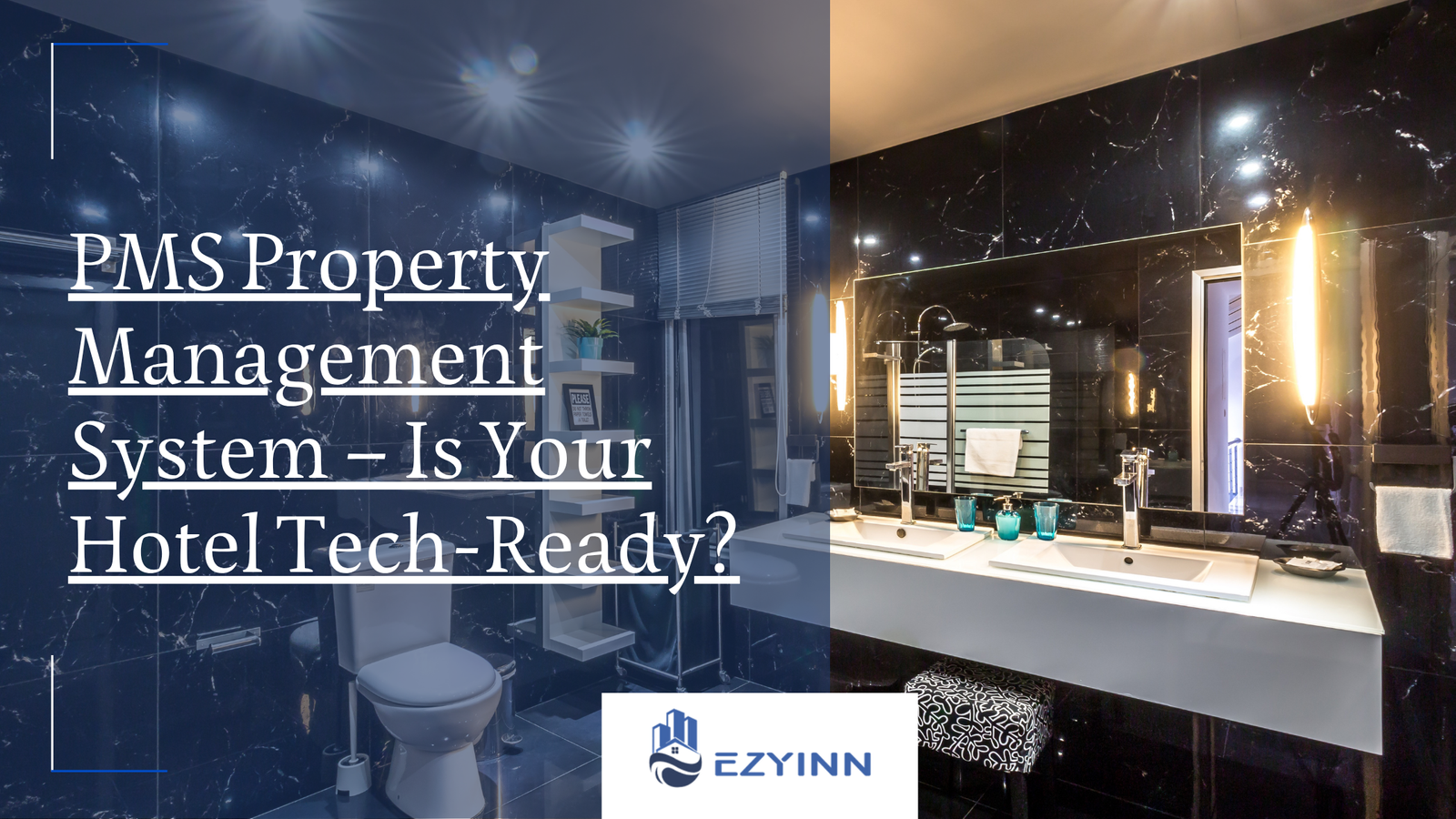When you consider a first-rate hotel experience, you might image opulent accommodations, attentive personnel, or mouthwatering room service. Usually working behind the scenes, housekeepers are the unsung heroes of housekeeping at a hotel industry. Their efforts influence everything, including first impressions and internet evaluations. The modern hospitality industry is rapidly evolving, and smart technology is at the forefront of that transformation. From remote management of housekeeping schedules to using data analytics for predictive cleaning, hotels are leveraging innovation to improve efficiency and guest satisfaction.
Embracing Smart Technology and Sustainable Practices in Housekeeping
Tools like housekeeping software allow for real-time updates, better inventory management, and streamlined communication across departments. These digital upgrades not only support quality assurance but also enhance budget management by reducing waste and optimizing staff deployment. Embracing energy efficiency and integrating sustainability practices have become essential, not just for cost savings, but also to meet the expectations of eco-conscious travelers and align with local regulations.
Enhancing Housekeeping Through Staff Training, Feedback, and Well-being
Ongoing staff training ensures that employees are up to speed with the latest tools and health and safety protocols, particularly in a post-pandemic world. Hotels are prioritizing employee well-being to reduce burnout and improve performance in demanding roles like housekeeping. Keeping up with societal trends—such as a rising demand for personalization and responsive service—means actively using guest feedback to make informed decisions. However, challenges like supply chain disruptions continue to test operational resilience. Hotels that strike the right balance between technology, people, and process are the ones poised for long-term success in this competitive landscape.
Here are the things that guests should notice:
- First Impressions Start at the Door
- Attention to Detail Leaves a Lasting Impact
- Bathroom Cleanliness is Non-Negotiable
- Visible Staff Create Reassurance
- Guest Feedback Should Shape Housekeeping Practices
- A Clean Room = A Repeat Guest
First Impressions Start at the Door
Long before a visitor unparts their bag or falls into bed, they discover something crucial about the cleanliness of the room. First impressions develop in seconds; a clean, fresh-smelling room informs the guest, “You’re valued.” Often checking surfaces, guests sniff the air, gaze at the bathroom, and search for any obvious dirt or clutter. That first impression can be quickly tarnished even by little mistakes like a fingerprint on the mirror or stray hair in the sink.
This is a critical point since visitors typically show up jetlagged, worried, or exhausted. They want a clean, safe refuge to unwind in. Should a room seem anything less than perfect, the guest may become hyper-aware of additional problems and experience discomfort for the duration of their stay. Excellent housekeeping is therefore more than just a cleaning schedule; it’s a front-stage element of hospitality that defines the whole experience.
Attention to Detail Leaves a Lasting Impact
From fresh towels to toilet paper, soap, and coffee supplies, housekeeping at a hotel’s ability to replace vital goods shows attention to guest needs. Checking into a hotel room only to discover no shampoo, one towel, or an empty tissue box is the worst of all. Though little, these are important touchpoints.
Well supplied rooms are seen by guests as evidence of attention and readiness. It demonstrates the hotel’s values of comfort and anticipates their wants. On the other hand, neglecting to refill fundamental supplies could come out as rude or even lazy. Regularly restocking these products not only helps to reduce visitor inconvenience but also improves professionalism and quality standards.
Bathroom Cleanliness is Non-Negotiable
Not only are guest rooms important; hallways, lobbies, elevators, and fitness centers also make a statement. Should these common areas be dirty, unkempt, or neglected, visitors could believe the same lack of attention applies to the rooms. Clean common areas highlight the general hygienic quality of a hotel and demonstrate that housekeeping is a team effort covering more than only guestrooms.
Visitors pay attention to whether common restrooms are routinely stocked and cleaned, waste bins are removed, and hallways are vacuumed. Stuck elevator buttons, dirty windows, or overflowing rubbish can ruin the impression of a generally elegant building. Training housekeepers to view the entire hotel as a guest experience zone rather than only the rooms will help to treat it as such.
Visible Staff Create Reassurance
Sometimes seeing housekeeping workers in operation actually makes guests feel reassured. Guests sense the hotel is being actively maintained, whether it is by a cart in the corridor, a friendly greeting, or a staff person fluffing pillows in the lobby. It implies that rather than a once-a-day task, cleanliness is always a top concern.
When housekeeping is inconspicuous, visitors could believe it is less important. However, visible, polite housekeeping staff adds to the good atmosphere and may even increase client satisfaction. Teaching your staff to treat clients politely and professionally helps to support the housekeeping at a hotel’s dedication to quality of service and caring.
Guest Feedback Should Shape Housekeeping Practices
Not only what’s on the cleaning checklist; housekeeping should be sensitive to what guests truly care about. Tools for learning how to do better are online reviews, direct complaints, and feedback cards. For instance, it’s time to change procedures or retrain staff if several visitors bring up stains on the drapes or dust behind the TV.
Guest confidence is developed via open reception of comments and required changes. It demonstrates how attentive the housekeeping at a hotel is and how always improving it aims it is If the hotel answers professionally and quickly addresses the problem, even a poor review could be turned into a positive one.
A Clean Room = A Repeat Guest
In the end, one of the main factors guests choose to either never come back or return is cleanliness. A beautifully built hotel with unclean rooms will fall short. A little housekeeping at a hotel with immaculate rooms and fresh towels? Those are the kind of places visitors go back to and suggest to others. Trust, comfort, and contentment all depend on basic cleanliness.
Housekeeping at a hotel is a make-or-break element in visitor loyalty in a time when social media and internet reviews can define or destroy the reputation of a hotel. Five-star reviews originate in clean rooms. They result in compliments ranging from “immaculate, “spotless,” and “felt like home.” And those reviews attract fresh appointments, transforming one-time visitors into lifetime consumers.
Conclusion
In many respects, the beating core of a good hotel is housekeeping. Although good cleaning may go unseen when done right, its effects are enormous, and the cost of bad housekeeping at a hotel is considerably more. From the time a visitor arrives in the hotel to the second they check out, cleanliness defines their whole stay. Therefore, keep in mind that customers really do notice regardless of your role—that of hotel manager, member of the housekeeping crew, or simply someone engaged in hospitality excellence. At Ezyinn Technologies, we provide the best housekeeping at a hotel services to meet all your business needs. Get in touch with us today at +1 (408) 715-3635!









